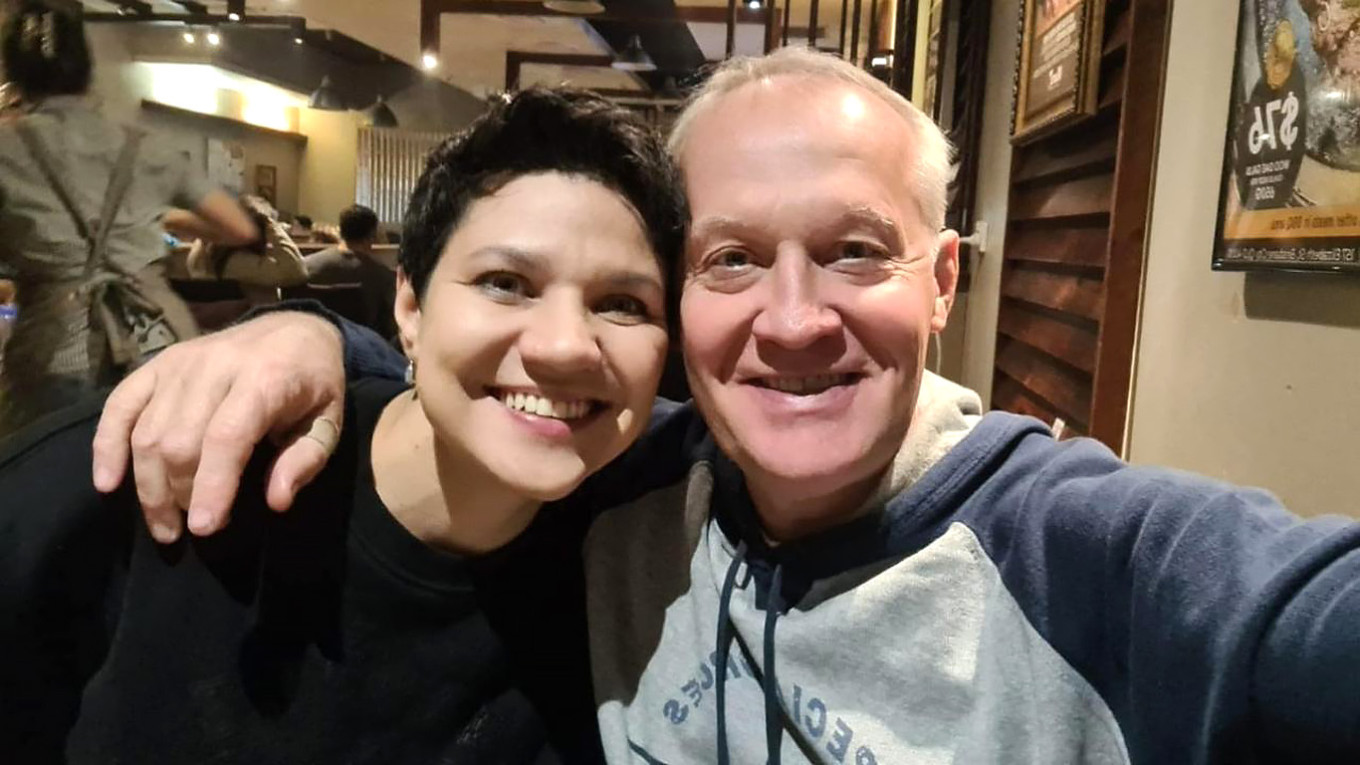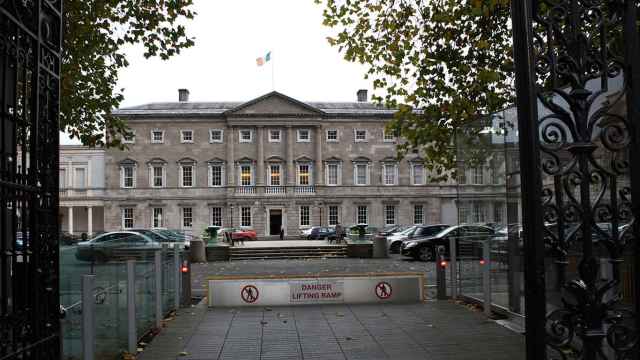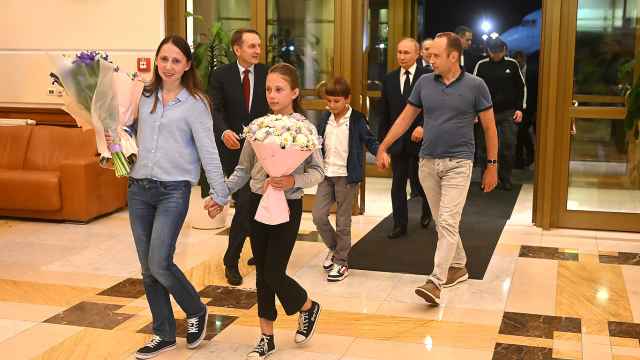Australian police have charged a married Russian-born couple with spying for Moscow, top officials said Friday, accusing them of accessing national security-related material from the military.
The 40-year-old woman, Kira Korolev, and her 62-year-old husband Igor — both holders of Russian passports — had lived in Australia for more than 10 years and obtained citizenship, the authorities said.
They were arrested at their home in Brisbane on Thursday and charged with "preparing for an espionage offense," federal police commissioner Reece Kershaw told a news conference.
The charge carries a maximum sentence of 15 years' imprisonment.
The accused woman was a private in the Australian defense force and had been working there for several years as an information systems technician, Kershaw said.
She took "non-declared" travel to Russia during long-term leave from the military, he said.
While in Russia, she allegedly told her husband, a self-employed laborer, how to log into her official account at home in Australia.
"We allege her husband would access requested material and would send to his wife in Russia," Kershaw said.
"We allege they sought that information with the intention of providing it to Russian authorities," he added.
"Whether that information was handed over remains a key focus of our investigation."
Kershaw said no "significant compromise" had yet been identified, though police said the material was related to Australian national security interests.
Australia's Five Eyes intelligence-sharing partners — the United States, Britain, Canada and New Zealand — can be "confident" in its ability to disrupt foreign espionage, he said.
The police chief said the woman obtained citizenship in 2016 and her husband did so in 2020.
The couple appeared separately in Brisbane's magistrates court on Friday for a brief mention, a court official said.
Both were ordered to be held in custody ahead of a court hearing on Sept. 20.
Plot uncovered
The Russian embassy in Canberra was contacted by AFP for comment but did not immediately respond.
At a press briefing later in the day, Kremlin spokesman Dmitry Peskov said only that he had no detailed information about the case.
"Yes, for us, they are Russian citizens, but they have always lived there, in Australia, so we don't have details about that, and I can't tell you anything," he said.
Australia's top spymaster Mike Burgess said security vetting was not a guarantee against espionage because "it depends on what you say."
"If you meet the requirements to get a security clearance, you will get a security clearance. But that does not mean to say the security journey stops at this point," he told journalists.
Burgess, director-general of the Australian Security and Intelligence Organization (ASIO), said the authorities were able to "intervene and control this operation."
Asked how the plot was uncovered, he would only say it was due to "defense awareness."
There was a wide range of sensitive information in defense that would be of interest to the Russian intelligence services, he said.
"This case reflects and demonstrates an effective security culture, not a deficient one," Burgess said.
The spy chief issued a direct appeal for Russian spies to come clean to the Australian authorities.
Message to Russian spies
He recalled the 1954 defection of Soviet spies Vladimir and Evdokia Petrov to Australia, leading to the exposure of Russian intelligence assets internationally.
"I want to speak directly to the operatives of Russian intelligence services," Burgess said.
"This year marks the 70th anniversary of the Petrov defections," he said.
"If you want to share your secrets, please reach out. ASIO is always listening."
Burgess said Australia faced a real espionage threat, with multiple countries seeking to steal its secrets.
"Foreign intelligence services are capable, determined and patient. They play the long game. The problem for them is ASIO does too," Burgess warned.
Prime Minister Anthony Albanese said he had been "extensively" briefed on the spy case.
"Australia's security agencies are doing their job and they are doing it well. People will be held to account who interfere with our national interests," he said.
A Message from The Moscow Times:
Dear readers,
We are facing unprecedented challenges. Russia's Prosecutor General's Office has designated The Moscow Times as an "undesirable" organization, criminalizing our work and putting our staff at risk of prosecution. This follows our earlier unjust labeling as a "foreign agent."
These actions are direct attempts to silence independent journalism in Russia. The authorities claim our work "discredits the decisions of the Russian leadership." We see things differently: we strive to provide accurate, unbiased reporting on Russia.
We, the journalists of The Moscow Times, refuse to be silenced. But to continue our work, we need your help.
Your support, no matter how small, makes a world of difference. If you can, please support us monthly starting from just $2. It's quick to set up, and every contribution makes a significant impact.
By supporting The Moscow Times, you're defending open, independent journalism in the face of repression. Thank you for standing with us.
Remind me later.






